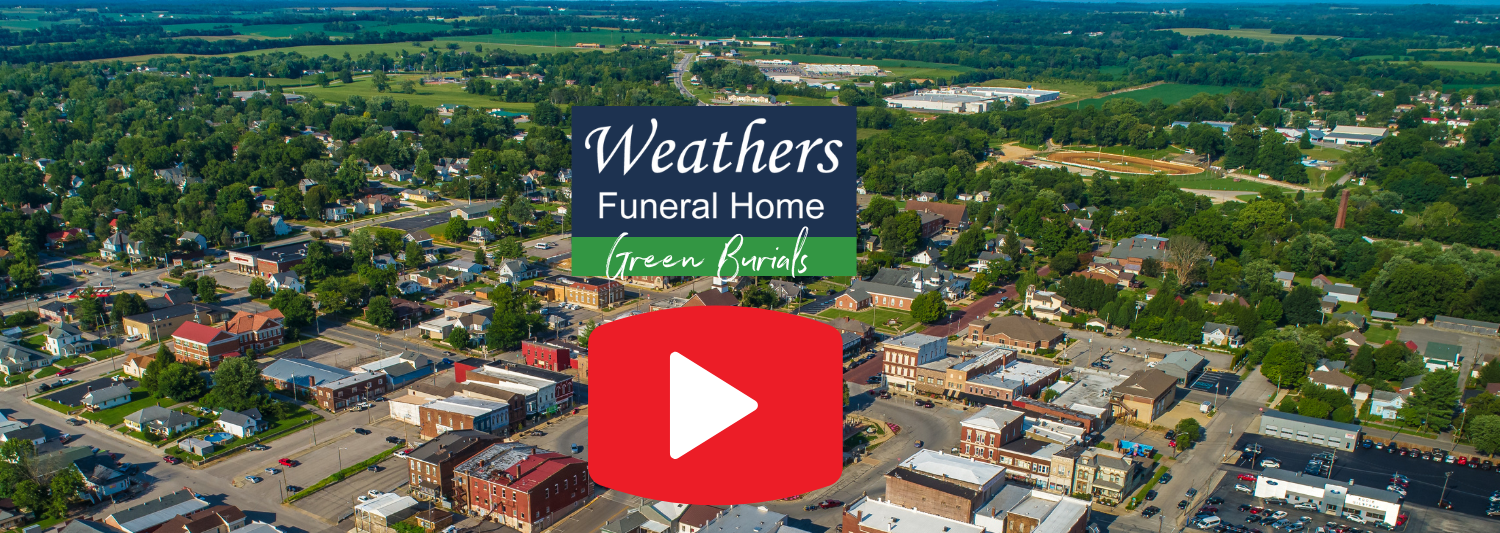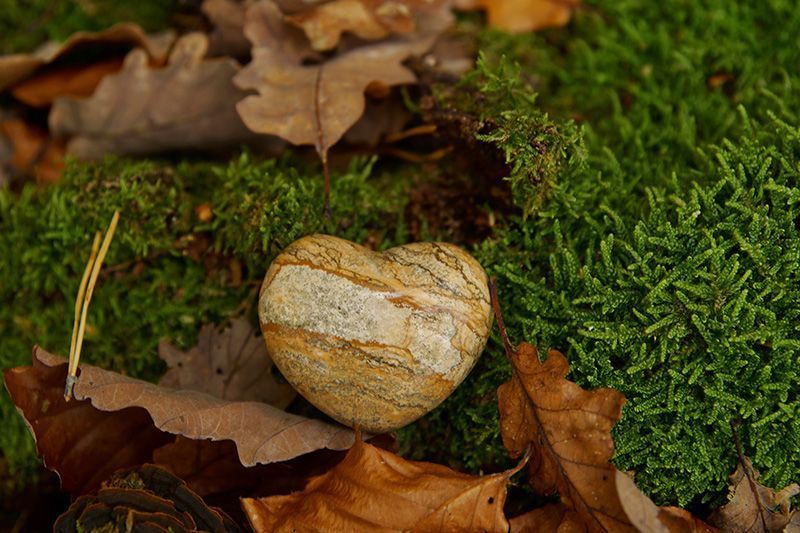Environmental Impact of Green Burials in Salem: Addressing Local Concerns
Environmental Impact of Green Burials in Salem

Environmental Impact of Green Burials in Salem, Indiana: Addressing Local Concerns
Understanding Green Burials Green burials, also known as natural burials, prioritize minimal environmental impact. They often involve biodegradable caskets, shrouds, or urns, and avoid harmful embalming chemicals. The burial sites are typically located in designated conservation areas, preserving natural habitats and reducing the need for new cemeteries.
Environmental Benefits of Green Burials
- Reduced Carbon Footprint: Traditional burials often involve concrete vaults, metal caskets, and embalming chemicals, which contribute significantly to greenhouse gasses. Green burials create a much smaller carbon footprint.
- Preservation of Land and Resources: Green burials often occur in conservation areas, restoring and protecting natural habitats.
- Creating a Sanctuary for Wildlife:
Green burial grounds prioritize native plants and avoid pesticides and herbicides, creating a haven for local wildlif
Addressing Salem Resident Concerns about Green Burials
- Potential Groundwater and Surface Water Contamination: Some have concerns about the impact of decomposing bodies on water quality. However, scientific studies and existing regulations for septic systems provide guidance for minimizing these risks.
- Health Concerns: There are no documented cases of disease outbreaks from water supplies contaminated by cemeteries. Leading health organizations confirm minimal health risks associated with handling a deceased loved one.
Making Green Burials a Reality in Salem Currently, finding a suitable location for green burials in Salem is a primary challenge. We are actively working with Crown Hill Cemetery to establish a designated area for natural burials. An ordinance is in development, but it has not been approved yet.
Local Regulations and Guidelines While there are no specific regulations mentioned for Salem, consulting with local authorities and experts is essential for specific guidelines in your area.
A Sustainable Future GBy choosing a green burial, you contribute to a more sustainable future for our community. Together, we can honor our loved ones while protecting the natural beauty of Salem for generations to come.
Learn More:
- Green Burial Council: https://www.greenburialcouncil.org/
- The National Home Funeral Alliance: https://www.homefuneralalliance.org/
- The Funeral Consumers Alliance: https://funerals.org/find-an-affiliate/
Concerns and Questions:
Q: Are there health risks associated with green burials? A: There is no increased risk of infectious disease transmission from handling a deceased body. Leading health organizations support the safety of home funerals and green burials.
Q: Will a green burial impact groundwater or surface water? A: Studies show that properly conducted green burials have minimal impact on water quality. Soil acts as a natural filter, and regulations for septic systems provide guidance for protecting water resources.
Q: Can I still have a traditional ceremony with a green burial? A: Absolutely. Green burials allow for a variety of ceremonies and rituals, honoring your loved one in a meaningful way.
Practical Considerations
Q: What type of casket or container is used? A: Green burials often use biodegradable caskets, shrouds, or urns made from natural materials.
Q: Where do green burials take place? A: Green burials often occur in designated conservation areas or natural settings.
Q: How much does a green burial cost? A: The cost of a green burial can vary based on factors such as location, chosen products, and services. Often, green burials are more affordable than traditional burials due to the elimination of certain costs.
Q: Where can I learn more about green burials? A: You can visit the Green Burial Council website ( https://www.greenburialcouncil.org/ ) or contact Weathers Funeral Home for more information. We encourage you to discuss your options with our experienced staff. We are here to guide you through the process and help you make informed decisions.








